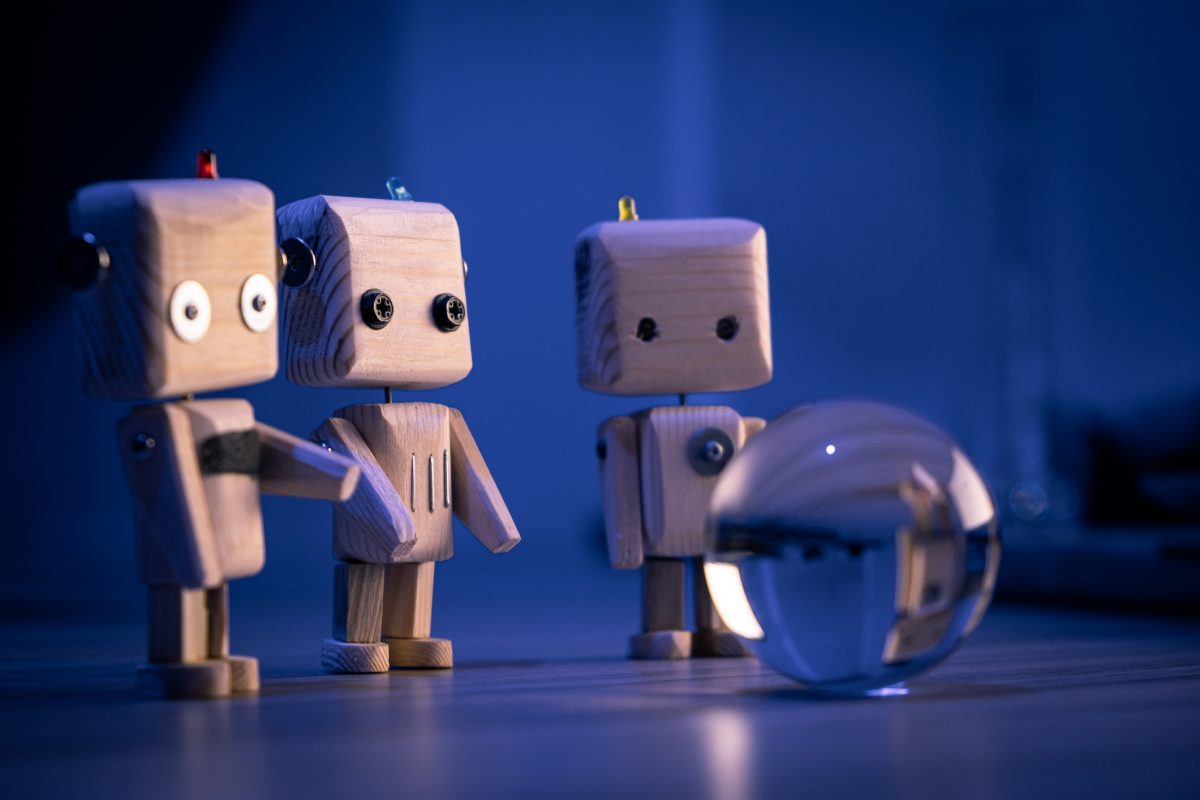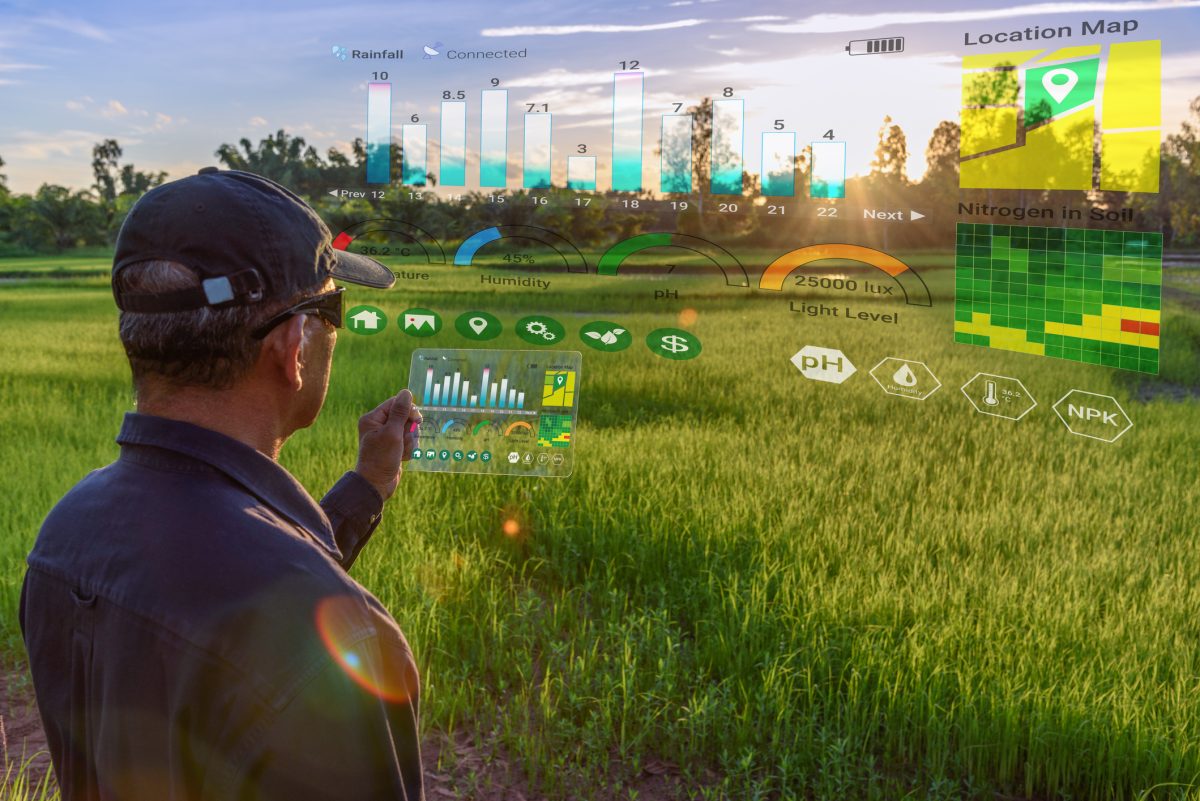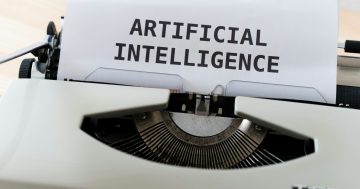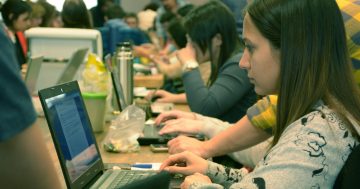
Artificial intelligence has crept into every aspect of our modern lives. Is it too late to shut the gate? Photo: iStock/Aleksandr Pobeda.
In what could be described as an acknowledgment of where the true power lies in today’s world, British Prime Minister Rishi Sunak interviewed tech entrepreneur Elon Musk last week at the London Artificial Intelligence (AI) Summit.
Thought-provoking and entertaining, the discussion highlighted the risks and benefits that AI could bring to society, but it was the interviewer, and his demeanour, that was telling.
“We feel very very excited to have you,” Sunak said.
The words sounded more like those of a television host welcoming a celebrity than the leader of one of the most powerful nations on earth sitting down with a billionaire provocateur.
Musk is, of course, a celebrity to many, and the PM’s enthusiasm was genuine and reflected the overall feeling of the large crowd on hand.
Perhaps this is a good thing. Citizens all over the world, including Australians, bemoan the disconnected appearance of many politicians.
What it did show is something that is often suggested but never illustrated: the tech giants ultimately will control how we live … they probably do already.
In 2023, AI has become so interwoven into our local society that some systems are no longer even referred to as AI.
In every city and town across Australia, we use speech-recognition and language-processing applications on an hourly basis. Autocorrect and predictive text are as common to today’s Riverina residents as a glovebox notepad and pen may have been in decades past.
The speed at which the AI language processor ChatGPT has become a part of office discussion is astonishing.
AI dictates what we see and what we hear, from the Spotify or YouTube playlist to the online advertisement that was specifically directed to your device by algorithms that don’t sleep, let alone take breaks.
Primary industry will also be greatly impacted by AI. Autonomous tractors are already undergoing trials at Charles Sturt University in Wagga and a battery-powered version is scheduled for release in Australia by 2026.
The CSIRO envisages AI being used in colossus data-collection processes to improve yields, paddock management and overall productivity in ways that farmers just could not have imagined.

Smart farming will only get bigger as primary producers embrace AI technology. Photo: iStock/William Potter.
Life within the home has already seen a rapid increase in AI-controlled devices. Robot vacuum cleaners, smart locks, AI televisions and fitness mirrors that detect your health are all a part of the present and future AI home.
At the London summit, a point of concern for viewers could be the easy, nonchalant way in which two powerful men discussed the likely progression of AI.
We have heard many examples of the good and bad in regards to AI, but off-the-cuff remarks by Musk that suggest we will potentially need a ”kill switch” for humanised AI robots is truly scary.
Even when the owner of the social media platform X (formerly Twitter) casually said that it would be beneficial to humans to have AI robot friends, a moment when Sunak looked uncomfortable, there seemed an inevitability to his statement.
Musk said the personalised robot, having access to all of your data, would potentially know you better than you, and it would improve this relationship through conversation and memory.
So, is it artificial?
I would suggest that there is something inside of us that finds it difficult to accept that thought.
It is perhaps why, after all the information that we see and hear in relation to the potential dominance of AI, we do not openly discuss it in a way we might talk about other looming problems.
The genie is out of the bottle and we use it. We know it impacts our daily lives, but in general, we do not acknowledge the scope of what it will become. If we did, people all over the world might be in various stages of panic.
Musk was just one guest at the London summit, where the consensus was that protocols, put in place by governments, are needed to keep AI safe.
This is all well and good, but a quote from Musk, after he was asked whether the government could keep pace with AI, suggests that this task would be extremely difficult.
“The pace of AI is faster than any technology I’ve seen,” Musk said.
“Government isn’t used to working at that speed.”
Ever the optimist, Musk was adamant that these safety measures should be pursued.
What option do we have?









